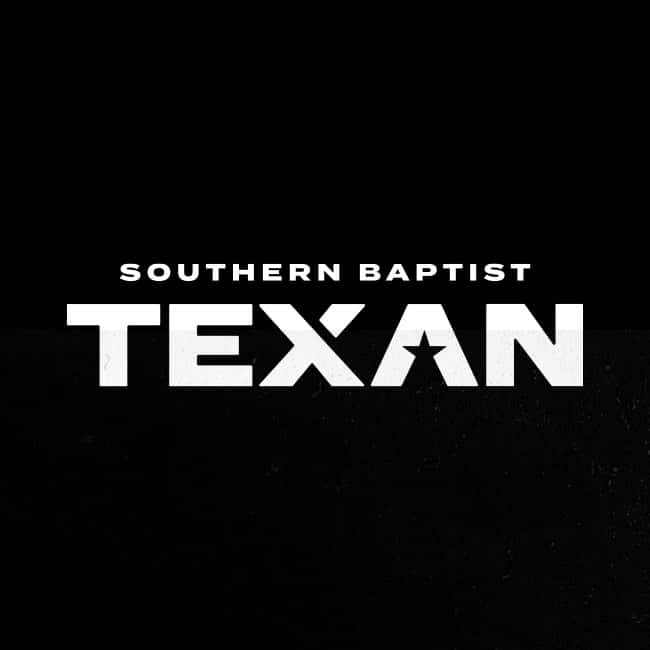The Southern Baptists of Texas Convention is blessed not only with an army of younger pastors who are eager to lead our churches into the next generation for Jesus, but with a stable of older pastors who have seen and experienced many things over decades of ministry. In this conversation, we join together one of those younger pastors—First Baptist Church of Malakoff’s Ed Fenton—with Casey Perry, who has 70 years of ministry experience and actually served as FBC Malakoff’s pastor during his career.
ED FENTON: You’ve seen a lot of changes in the church and in ministry. What were some of the challenges you faced in pastoring and what are some of the challenges that you see today that pastors are facing?
CASEY PERRY: I think there’s more of a difference in what we’ve seen since the 2000s with the change of the type of music [played during worship services]. I always told our church, “Be prepared for change, not conviction. The message must be the same, but methods must change.” We’ve seen that happen. The real difficulty, I think, has shown up in the fact that we’ve not been able to come to a good balance of how to maintain the people who were raised on one [type of worship music]. Anytime we gather together, that should be considered worship, but worship music is very important. It’s very important to young people, and it’s very important to old people. So I would say that has been a challenge. I was already out of the pastorate by 2000 when those changes began to happen so I really did not face that problem so much.
EF: Generally speaking, what kind of conflict have you dealt with in leading churches?
CP: In one of my churches, our church burned. There were those that wanted to build a certain kind of facility and there were those that did not want to build that big of a facility, so there was a conflict. We lost wonderful people—I mean, great people—that went across town … mainly to one church. But the thing that I am grateful for, we never lost friendship over it. We maintained friendship but it was difficult because it put me in a position of needing to take a stand because we were building a new building.
EF: So you made a decision and not everybody agreed with you on it?
CP: That’s right. I have felt through the years that it was kind of my calling to go into churches that had difficulties and to work through those difficulties. And that’s really been the case. That was the case here. Once, when I was out in a church in West Texas, the problem was over eschatology. I had my convictions, but finally I told them, “Look, I think we’re going to all be surprised at what happens when [Jesus] comes. Let’s just get down here at this altar and let’s pray it out.” That’s what we did, and I didn’t hear a whole lot about it after that.
EF: What would you say is the key in resolving conflicts like that?
CP: The word of God and prayer. I mean, that’s it. Take them to the book and pray.
EF: Thinking through your family dynamic in ministry, I know for me, at times it can be really hard to take off the pastor/minister hat when I get to the house and be husband and father. How did you find balance in pastoring a church but also being a dedicated and loving husband and father to your kids?
CP: God blessed us with good children. I mean, they’re all Christians and serving the Lord now. As they were growing up, I just let it be known [to the church leadership] that I was going to be with my children, and they really didn’t have a problem with that. I made sure I was really involved in whatever they were involved in. I’ve coached three ball teams in one season because every one of my kids wanted me to be a coach. I coached them in basketball and baseball, and then my daughter came along and she wanted me to be her coach when she played softball in the softball league. For youth camp, we took our youth to Falls Creek and it was required of a pastor that he’d be there with the youth, which I think is always a great thing. That gave me a great involvement with the young people, and my children were involved in that. So, that helped a lot as they grew older.
EF: What’s one piece of advice, or counsel, that you would give a new pastor who’s stepping into that role for the first time?
CP: Love your people and preach the book. And don’t let little things become big things. I once had a situation where something was a big thing to one of our deacons. I could have won that battle, but I would have lost the bond of friendship. I got to thinking about it, and 30 minutes before I went to that deacons meeting when we were going to deal with that, and I was all set to go in there and just win it, and all of a sudden I became convicted that this is not really all that important. So I would say, don’t let little things become big things to you.














